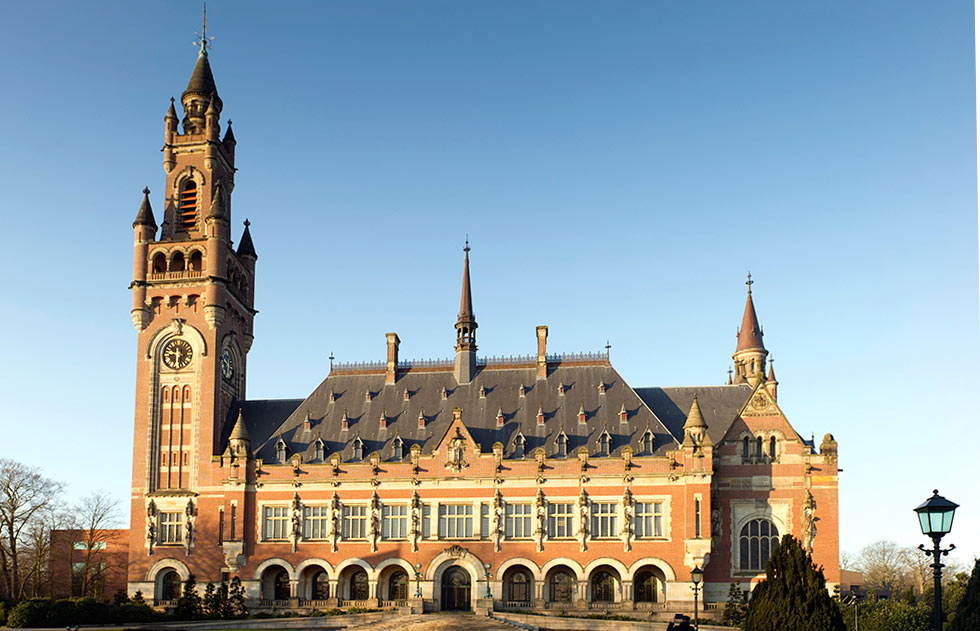At the International Court of Justice (ICJ) in The Hague, a historic inquiry into Israel’s decades-long occupation of Palestinian territories is unfolding, spotlighted against the backdrop of the latest and deadliest chapter in the Israel-Hamas conflict. Palestinian Foreign Minister Riyad al-Maliki, alongside a cadre of international legal experts, has leveled grave accusations against Israel, charging it with apartheid practices and demanding an immediate cessation of what they describe as illegal occupation. This call for justice is grounded in allegations of widespread discrimination, displacement, and subjugation of Palestinians amid the ongoing humanitarian crisis in Gaza and the West Bank. Palestine is joined by Amnesty International, among other human rights organizations.
Israel, asserting its stance outside the courtroom through a written submission, denies these allegations, emphasizing its security imperatives and disputing the characterization of its actions as occupation and genocide. The country points out the complexities of the conflict, including its right to self-defense against threats from Palestinian factions, and touches on the need for direct negotiations to resolve the dispute. Despite its absence from the hearings, Israel’s perspectives and legal arguments remain a focal point of the proceedings.
The ICJ’s advisory process, convened by a United Nations General Assembly request, aims to scrutinize Israel’s settlement expansion, annexation efforts, and the broader implications of its policies in East Jerusalem and the occupied territories. This legal scrutiny comes at a time when the international community is increasingly divided over the path to peace and the feasibility of a two-state solution, with the Palestinian plea for self-determination and an end to what they call systemic injustice at the heart of the debate.
The court’s eventual advisory opinion, though non-binding, holds significant moral and political weight, potentially influencing international attitudes and actions toward the conflict. As the world watches, the hearings offer a platform for a global reassessment of a crisis that has long challenged the principles of international law and human rights, with the ultimate hope of paving a path toward peace and justice for both Palestinians and Israelis.











